In the ever-evolving realm of education, where info moves perfectly and accessibility to expertise is just a click away, student-driven encyclopedias are becoming a vibrant tool in the knowing procedure.

These systems not just offer students with a repository of details but additionally urge them to add, modify, and curate content, cultivating a collective and interactive learning atmosphere.
As educational standards change towards more participatory and comprehensive versions, the idea of student-driven encyclopedias symbolizes this transformation. These systems equip students to come to be active individuals in knowledge production, connecting the void between traditional book knowing and modern-day digital sources.
The Idea of Student-Driven Encyclopedias
Student-driven encyclopedias are digital systems where students collectively gather, verify, and share info on a large array of topics. Unlike standard encyclopedias, which are often created by specialists, these platforms leverage the collective initiatives of pupils to develop a comprehensive body of expertise.

At their core, student-driven encyclopedias are designed to full list of questions cultivate vital reasoning, research skills, and electronic literacy among trainees. By participating in the procedure of content creation, students find out to navigate and review information critically, skills that are necessary in today’s information-rich culture.
Furthermore, these platforms work as a space for trainees to explore their passions and share their know-how. This autonomous technique to knowledge creation ensures that a varied series of perspectives and voices are represented, enhancing the learning experience for all participants.
- Pupils acquire hands-on experience in research and content production.
- Encourages cooperation and peer interaction.
- Advertises a much deeper understanding of subject.
- Fosters inclusivity and diversity in understanding depiction.
Essentially, student-driven encyclopedias change trainees from passive recipients of details right into energetic factors, instilling a feeling of possession and responsibility in their educational journey.
Advantages of Student-Driven Encyclopedias
Among the principal benefits of student-driven encyclopedias is the development of important 21st-century abilities. As pupils engage in the process of content creation, they refine their crucial reasoning, electronic proficiency, and interaction abilities, all of which are important in today’s interconnected globe.
In addition, these systems motivate a collaborative understanding environment, where pupils can work together to verify details, debate various point of views, and co-edit short articles. This peer-to-peer communication not only enhances learning end results however additionally cultivates a sense of area and mutual respect amongst pupils.
Moreover, student-driven encyclopedias provide a platform for showcasing trainee job. As pupils add to the encyclopedia, they develop a profile of their study and writing, which can be indispensable for more scholastic and specialist pursuits.
Difficulties and Limitations

Regardless of the various benefits, student-driven encyclopedias also deal with specific difficulties. Making certain the precision and reliability of details is vital, as these systems rely on contributions from students who might not yet have expert-level understanding.
- Keeping content quality and precision.
- Offering appropriate supervision and support.
- Making certain fair accessibility and inclusivity.
To alleviate these difficulties, many student-driven encyclopedias implement a system of checks and equilibriums, where material is examined by instructors or specialists prior to magazine. This makes sure that the info offered is both exact and credible, promoting the integrity of the system.
The Future of Student-Driven Encyclopedias
As innovation remains to advancement and the landscape of education and learning develops, the possibility for student-driven encyclopedias is large. These systems have the capability to not just complement typical instructional resources however also redefine the means understanding is gotten and shared.
In the future, we could see student-driven encyclopedias incorporating more advanced technologies such as artificial intelligence and artificial intelligence to boost content curation and customization. Furthermore, they might expand beyond textual info to include multimedia content, supplying a much more immersive understanding experience.
Encouraging the Next Generation
Student-driven encyclopedias hold the guarantee of equipping the next generation of learners. By putting trainees at the helm of expertise development, these platforms urge long-lasting understanding, inquisitiveness, and intellectual independence.
In conclusion, as educational systems remain to innovate, student-driven encyclopedias stand as a testimony to the power of partnership and the value of pupil company in the understanding procedure. By welcoming these platforms, we unlock to a more comprehensive, interesting, and dynamic academic experience for all.

